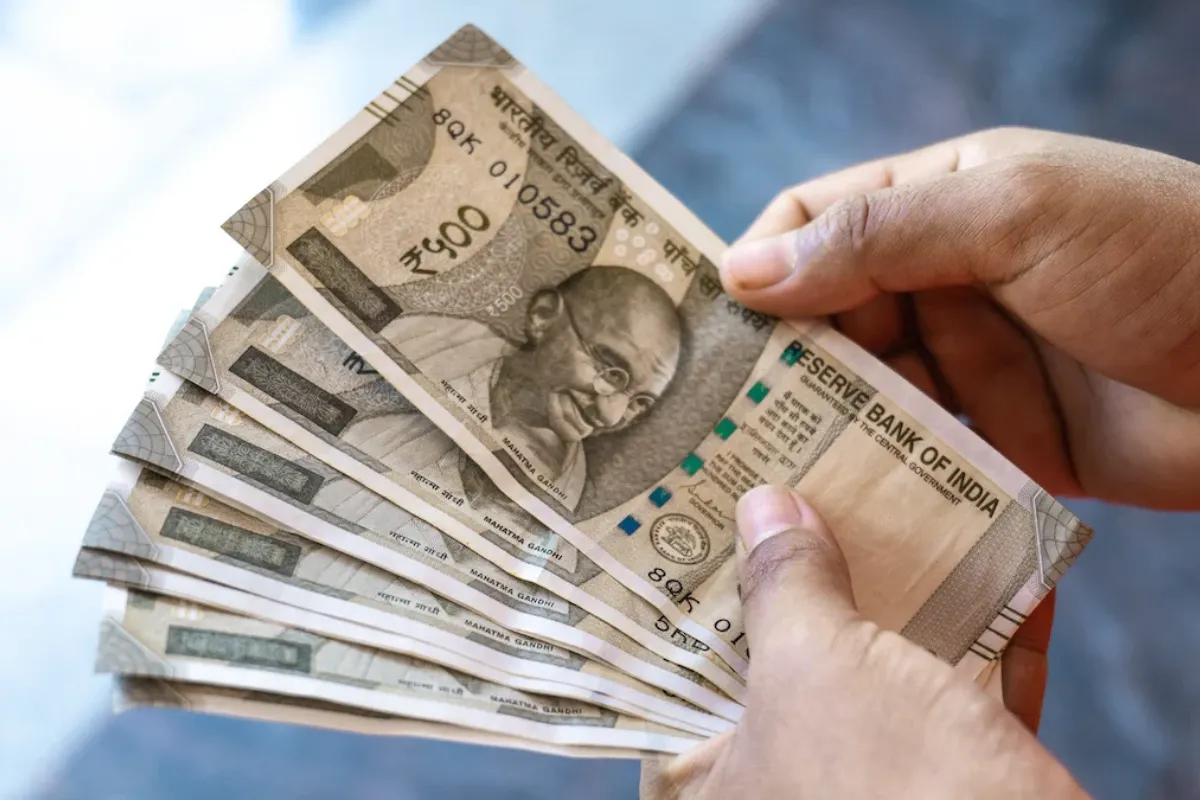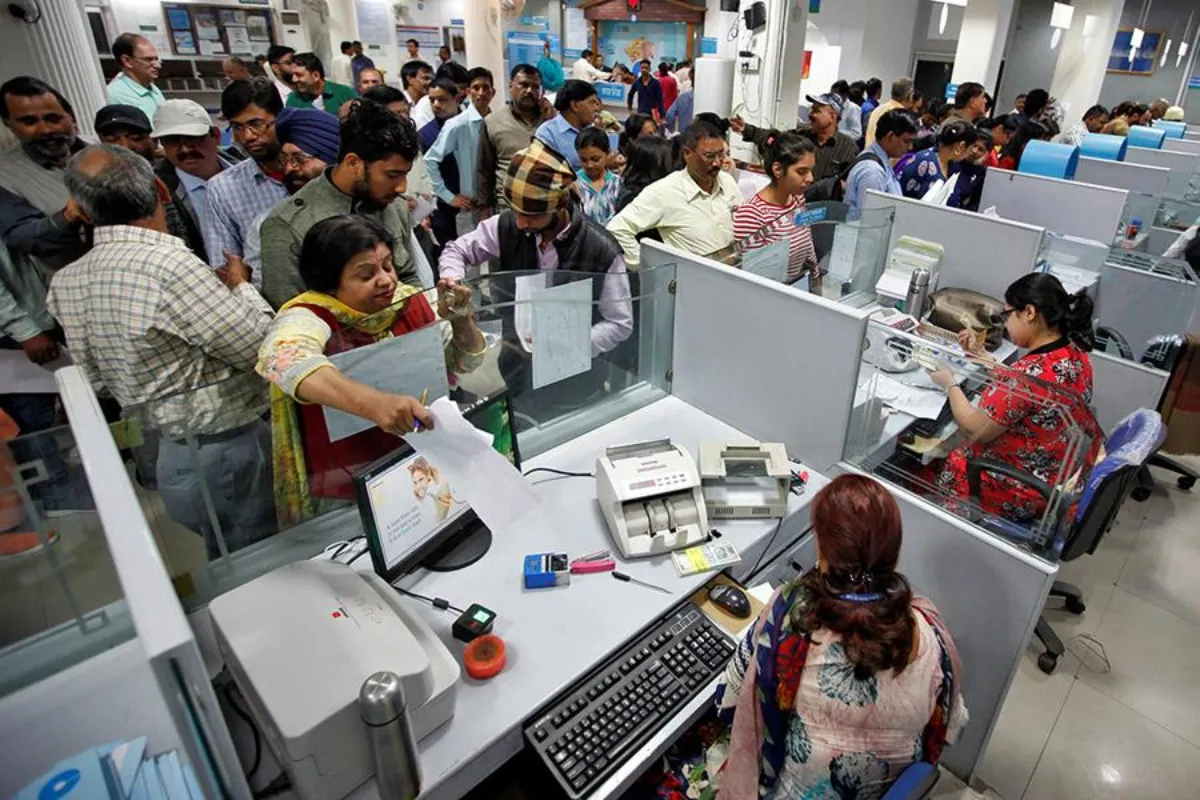In the realm of banking convenience, the overdraft facility stands as a beacon of financial support during times of need. Whether you’re considering opening a new bank account or already possess one, it’s prudent to inquire about this invaluable feature. The overdraft facility, often abbreviated as OD, can be a saving grace, especially in unforeseen circumstances. Here’s a comprehensive guide on what it entails and how to leverage its benefits.
Understanding Overdraft Facility
An overdraft is essentially a type of loan extended by a bank to its customers. What sets it apart is its seamless accessibility. Unlike traditional loans that entail paperwork and waiting periods, overdraft offers instant availability. This means you can withdraw funds directly from an ATM without the hassle of formalities. However, the amount you can access is predetermined by the bank.
Deciphering the OD Limit
Each bank sets its own limit for overdraft facilities. For instance, individuals holding a Jan Dhan account may be eligible for an OD of up to Rs 10,000. The beauty of this arrangement is that even if your account balance is zero, you can still withdraw the specified amount. However, it’s essential to repay any withdrawn funds along with accrued interest. While Rs 10,000 is a common threshold, some banks offer higher overdraft limits, albeit with conditions such as maintaining a minimum balance.
Interest Rates and Repayment
Interest rates on overdrafts vary between 2 to 12 percent, contingent upon the bank’s policies. Notably, interest is charged solely on the amount withdrawn, not the entire overdraft limit. For instance, if your OD limit is Rs 50,000 and you withdraw Rs 10,000, interest will be levied only on the withdrawn sum. It’s imperative to utilize the overdraft sparingly and reserve it for genuine emergencies to avoid accruing unnecessary interest charges.
Keep watching our YouTube Channel ‘DNP INDIA’. Also, please subscribe and follow us on FACEBOOK, INSTAGRAM, and TWITTER












